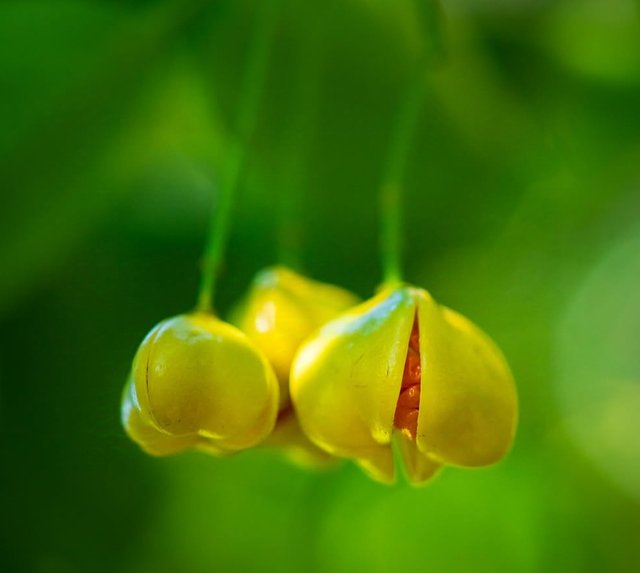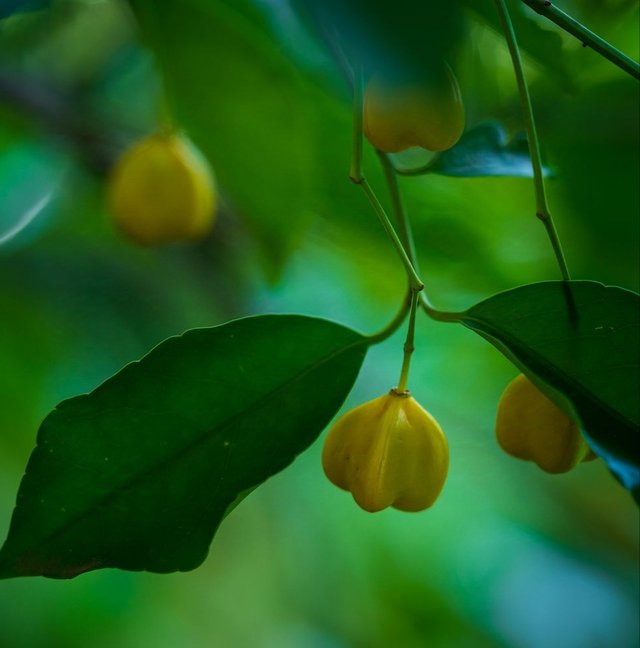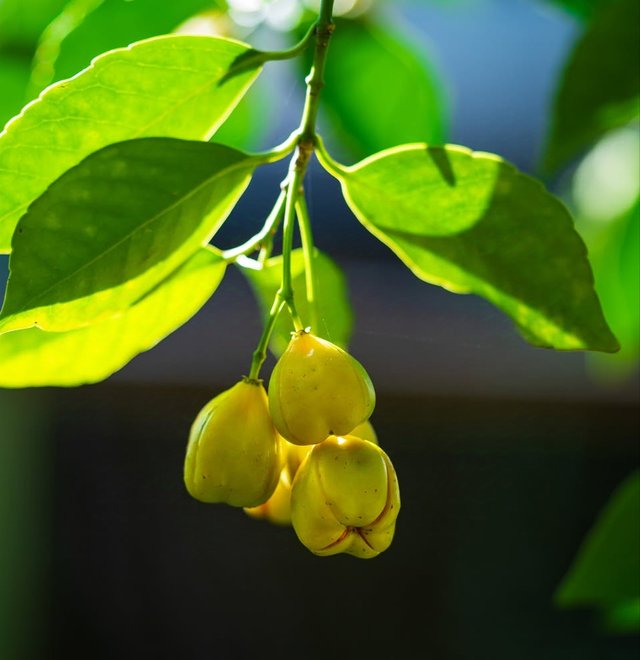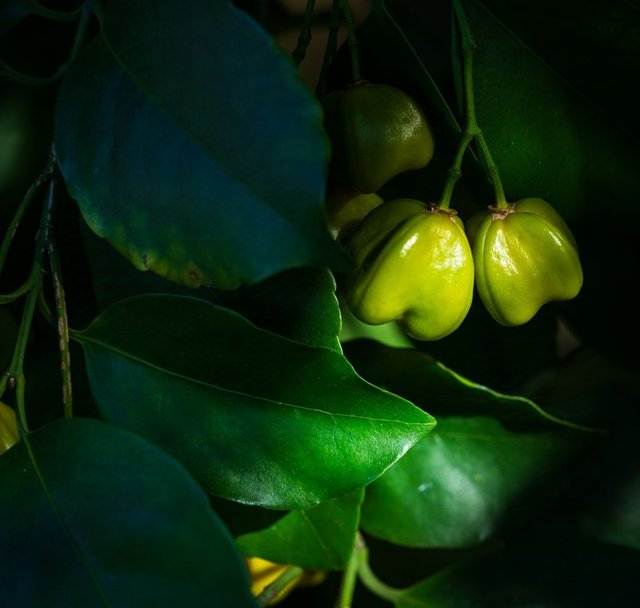So Cute Intellect Plant Flower
The Intellect Plant: A Marvel of Nature and Science
The natural world has long captivated scientists, philosophers, and nature enthusiasts alike. Among its wonders, the concept of the "intellect plant"—a plant species with cognitive-like or advanced adaptive abilities—stands out as a subject of intrigue and mystery. Though not a recognized scientific term, the idea of an "intellect plant" has often been explored in fiction, botany, and scientific research to describe flora with extraordinary traits that challenge our understanding of plant behavior and intelligence.
Understanding Plant Intelligence
Plants are traditionally seen as passive organisms, but modern research has begun to dismantle this outdated notion. Though plants lack a brain or central nervous system, they exhibit behaviors that resemble intelligence. They can sense their environment, communicate with other organisms, adapt to changing conditions, and even demonstrate forms of memory.
For instance, certain plants, like the Venus flytrap, have rapid movement mechanisms to capture prey, indicating a highly specialized adaptation. Similarly, plants like Mimosa pudica, commonly known as the "sensitive plant," can fold their leaves in response to touch, showcasing a form of sensory processing. These abilities, while not akin to human cognition, suggest that plants are far more dynamic and responsive than once believed.
Features of an "Intellect Plant"
Environmental Awareness
Intellect plants are highly attuned to their surroundings. They can detect light, gravity, temperature, humidity, and even chemical signals from other plants. Some species, like sunflowers, exhibit heliotropism, following the sun's movement to maximize photosynthesis.
Communication Networks
Plants communicate through complex underground networks often referred to as the "Wood Wide Web." Using fungal mycorrhizal networks, they exchange nutrients, chemical signals, and even warnings about predators. This collaborative behavior highlights a form of collective intelligence.
Problem-Solving Abilities
An intellect plant adapts to challenges in resourceful ways. For example, climbing plants like ivy use structures in their environment to grow toward light. Carnivorous plants, such as pitcher plants, have evolved to trap insects, compensating for nutrient-poor soils.
Thanks For Reading
Device Information
| Device | Redmi Note 10 Pro |
|---|---|
| Lens | 64 mp |
| Location | Bangladesh |




